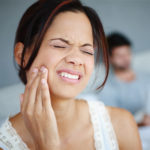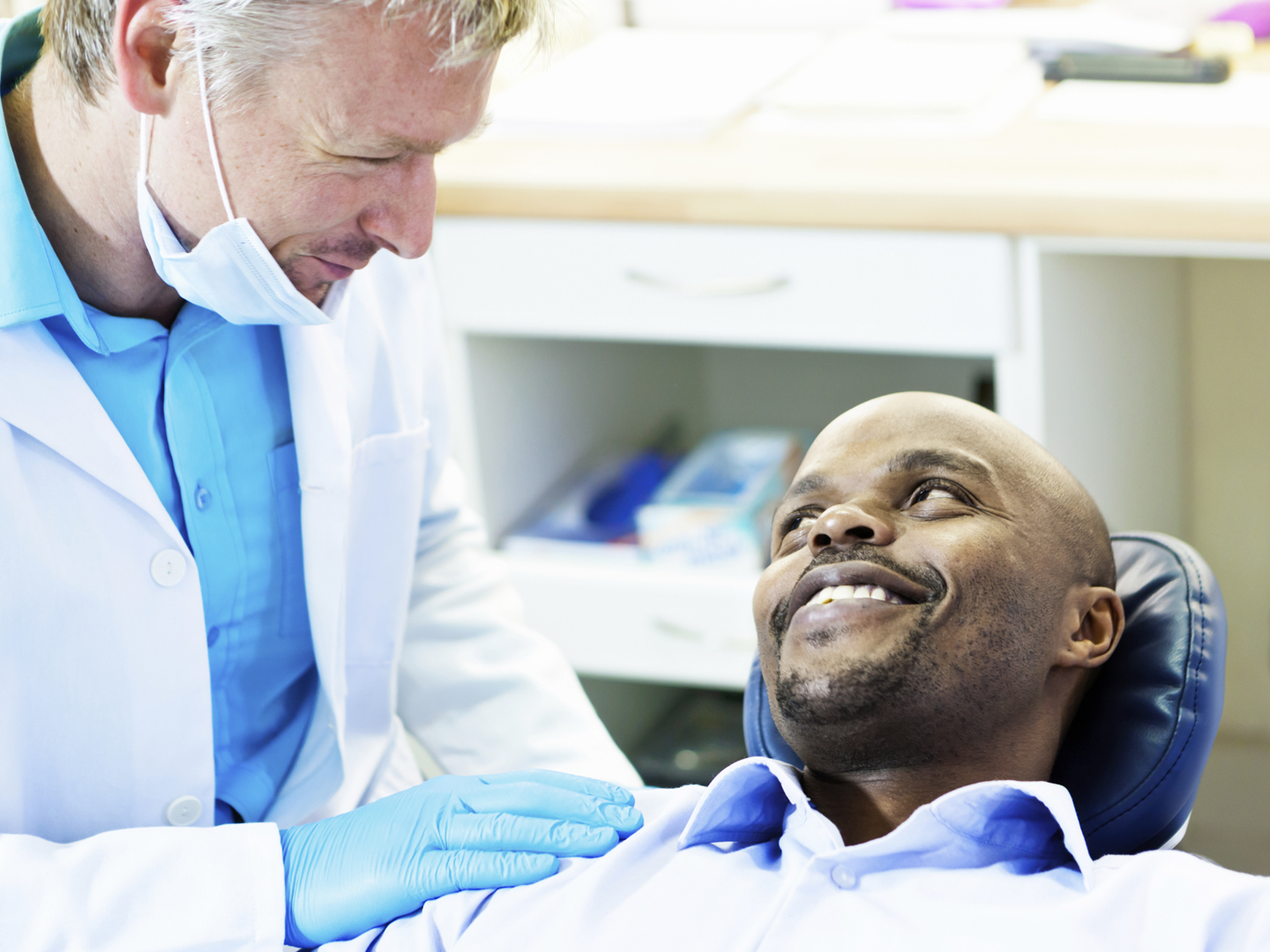Does Alcohol Cause Gum Disease, Cancer?
Is it true that drinking alcohol puts you at risk for gum disease and some types of cancer? Could this have to do with what you drink and how much?
Andrew Weil, M.D. | September 20, 2018

Daily drinking is associated with changes in the makeup of the 700 or so species of bacteria that normally reside in your mouth, and those changes can lead to gum disease and an increased risk of heart disease and cancers of the head, neck, esophagus, and pancreas. This finding comes from a New York University School of Medicine study showing that daily drinkers had fewer of the normal bacteria known to check the growth of harmful germs.
The 1,044 study participants were between the ages of 55 and 87 and already were enrolled in two ongoing, national cancer trials. Most were white and were otherwise healthy when they entered either of the two studies. They provided mouthwash samples to determine their oral microbiome, along with detailed information on their alcohol consumption. The researchers classified 270 participants as nondrinkers, 614 as moderate drinkers and 160 as heavy drinkers. Compared with the nondrinkers, those who consumed one or more alcoholic drinks per day had an overabundance of mouth bacteria linked to gum disease, heart disease and cancer and fewer bacteria known to check the growth of harmful germs.
Senior investigator, epidemiologist Jiyoung Ahn, Ph.D., said the findings offer “clear evidence that (consuming alcohol) is bad for maintaining a healthy balance of microbes in the mouth and could help explain why drinking, like smoking, leads to bacterial changes already tied to cancer and chronic disease.” Previous studies at NYU and elsewhere have also linked the risk for head, neck and gastrointestinal cancers to microbial changes in the mouth.
Of the participants in the new study, 101 drank only wine, 39 drank only beer and 26 drank only liquor. Additional, larger studies will be needed to determine any differences in the mouth microbiome associated with preferences for different types of alcohol.
Dr. Ahn said one explanation for drinking-related mouth microbiome imbalances could be that acids in alcoholic beverages make the oral environment hostile TO the growth of certain bacteria. Another possibility: the buildup of harmful byproducts from alcohol’s breakdown that might interact with other toxins in the mouth (from tobacco smoke, for example).
The link between drinking alcohol and cancer isn’t new. Drinkers face higher risks than nondrinkers for developing cancers of the throat, larynx, esophagus, breast, liver, and colon. The more you drink and the longer you’ve been drinking, the higher your risk, especially of head and neck cancers.
Yet a survey of 4,016 Americans conducted in 2017 showed that fewer than one in three were aware of the role alcohol plays in cancer.
Andrew Weil, M.D.
Source:
Jiyoung Ahn et al, “Drinking alcohol is associated with variation in the human oral microbiome in a large study of American adults” Microbiome, April 24, 2018, doi.org/10.1186/s40168-018-0448-x











